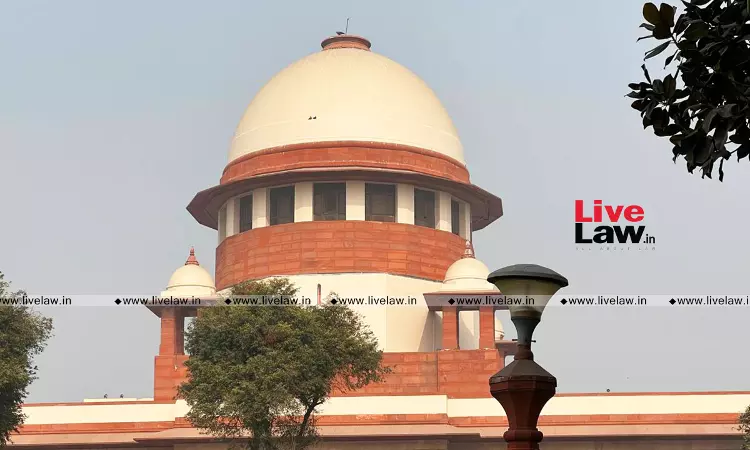The Supreme Court, on Thursday, deferred the hearing of the plea involving interpretation of Section 29A of the Representation of People’s Act, 1951 (RP Act) as to whether the Election Commission of India is empowered to de-recognise political parties formed by convicted persons. The petition seeks a ban on convicted persons from forming a political party and becoming a political office...

